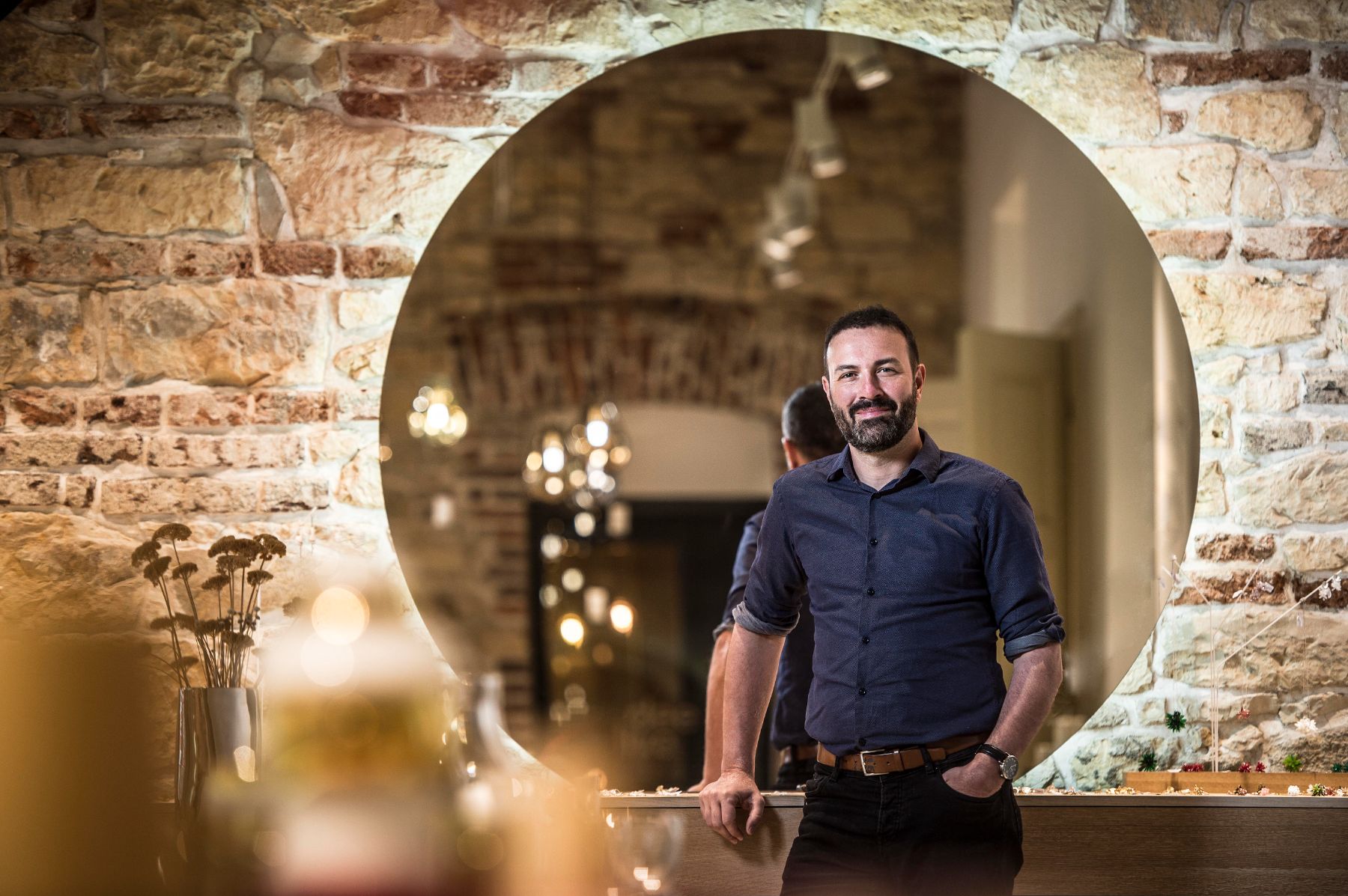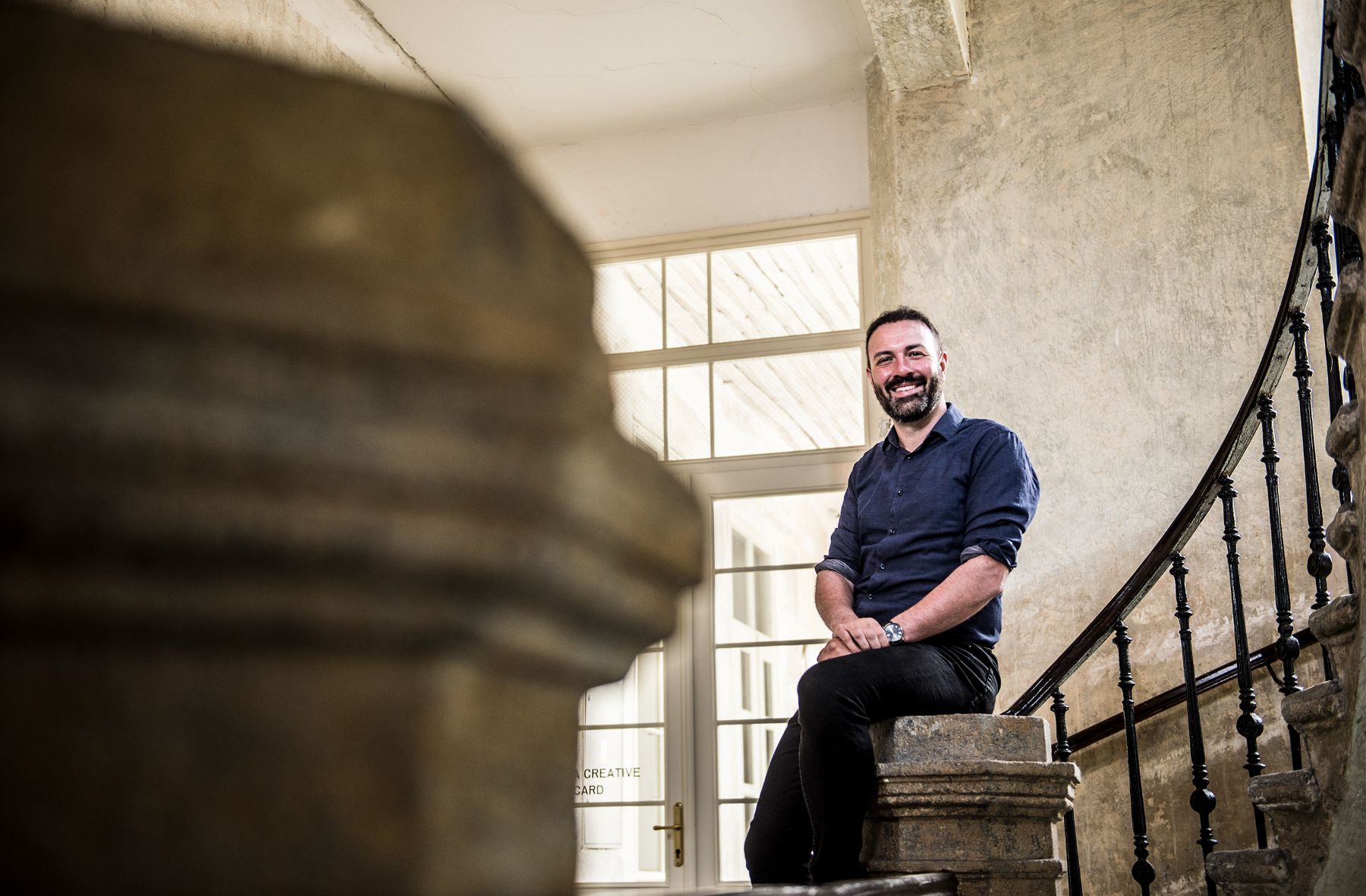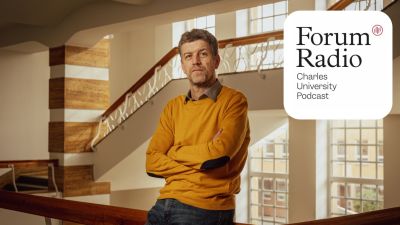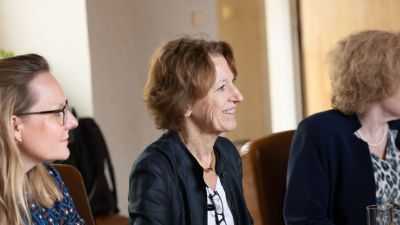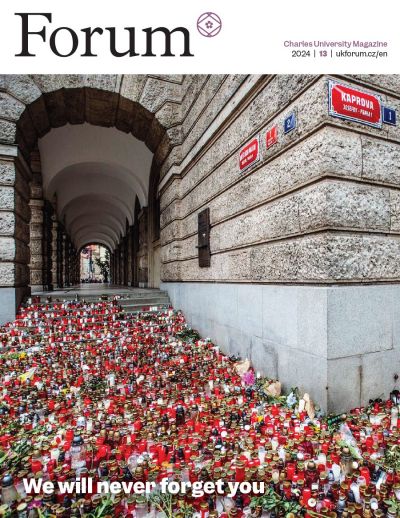Michal Smetana is a highly-respected researcher at CU specialising in international relations, security studies, and geopolitics whose research focuses on issues such as international security, global governance, and the role of public opinion in foreign policy. Recently he published a fascinating paper that took inspiration from the Sting song Russians and the line "I hope the Russians love their children too", about Russian public attitudes towards nuclear weapon use in the time of war and even in defeat. What he and his co-author learned may surprise you.
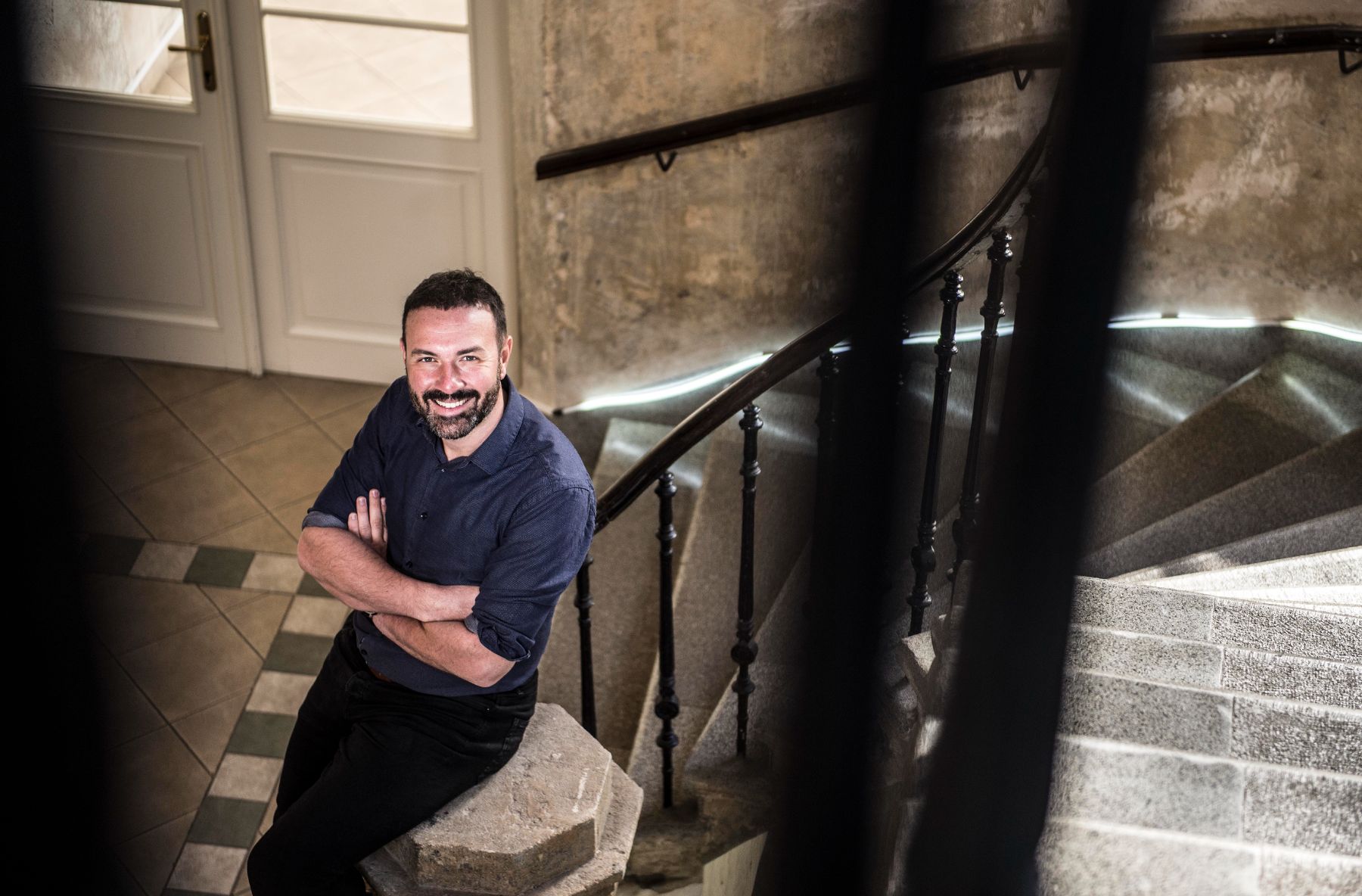
ERC grant holder and respected researcher in the field of geopolitics and int'l security Michal Smetana.
Dr Smetana also clinched an ERC grant this year to study public opinion and security alliances such as NATO, called Project Microcode. He is my guest for the next 30 minutes in this edition of Forum Radio. Have a glance at some of the issues we discussed:
Excerpts from our interview:
The pivotal person in history or the system?
I am somewhere in-between both on both approaches. Generally, I would say the system matters a little more: the argument that primarily norms, and power and systemic pressures drive world politics. At the same time, we cannot discount the role of individuals in certain moments who are able to change the course or go against the current and change politics. There are always counterfactuals: I think it is a fair question to ask if a certain person hadn’t taken actions at a certain moment, whether history would have been the same, whether we are talking about someone like Hitler or Putin, or Churchill or Reagan. Overall, on balance, I think the system is more important but individuals are play big roles: it’s the role of academics to show when and which one matters more at certain points and which does not.
Public opinion in democracies compared to authoritarian states
This is another issue that has been widely debated among academics in international relations where a wider consensus has been reached: in democracies, public opinion matters because politicians are reliant on voters. Even though foreign policy is often not the first thing on voters’ minds, it is obviously very important and there is a lot of evidence supporting that. When it comes to autocratic or authoritarian states like Russia, the issue is a little more complicated. Still, over the last 15 years there has been a lot of evidence gathered showing that public opinion in such countries matters much more than previously thought. In some ways even more than in democracies because dictators are dependent on certain segments of society.
There is no discussion about whether Russia is a democratic state – it is not and their elections are a farce – and yet for both the Kremlin and Putin, public opinion matters a lot. They are, in a way, obsessed with public polling: they do frequent polling to gauge the public mood... The threat of destabilisation of the regime or a loss of support have been on Vladimir Putin’s mind for quite some time. Therefore, they try to find ways to keep the public ‘content’. One example where the Kremlin was careful was after Russia launched its invasion of Ukraine: it would have made far more sense militarily to follow-up not long after with a mobilisation or partial mobilisation order, since the initial Russian attack had been repelled and began to flounder. But the decision was actually delayed until September over fears of how the public might react, were the decision taken earlier.
The nuclear option: Thankfully, still taboo
I hope the Russians love their children too is a line from a famous Sting song from the Cold War 1980s that we used to name an experimental study I did with Michael Onderco, examining whether Russian attitudes towards the taboo of using nuclear weapons had changed following the invasion of Ukraine in February 2022. Despite a marked rise in sabre rattling from the regime, from experts on late night Russian talk shows and the Kremlin, we found that despite it all, Russian attitudes towards the use of the unthinkable had not changed.
We went in with the assumption that the sabre rattling had normalised the use of nuclear weapons in the public eye, with the public having gone through two years of geopolitical developments and hawkish experts and others weighing the nuclear option. The claim, by some colleagues in publications like Foreign Affairs was that the constant discussion had eroded the nuclear taboo. We wanted to put that assumption to an empirical test.
Rather than just asking some general poll questions like ‘Can you imagine the use of nuclear weapons’, we asked about very precise scenarios and wanted to look at specific patterns. And what we learned was that even if Russia were on the losing side, the public did not support using nuclear weapons. That aversion continues to be remarkably high. It is just as high whether we are talking about NATO or Ukraine, which doesn’t have a strike back option, which was very interesting. The aversion hasn’t really changed from a similar study in 2021; being able to make that comparison was an important part of our findings.
ERC grant winner: Project Microcode
I received an ERC grant to study two aspects of collective defence under NATO: what members of the public think and how the system is viewed by the elites. We are using some of the same logic and a bit of the same methodology as the Russia study but are also embarking in other experimental directions. While we study the opinions of the different groups in different NATO countries, we want to do surveys, experimental surveys and also use more visuals instead of just texts and illustrative pictures. We want to use more mixed media designs to make the experience more realistic, meaning we will include video and sound. That means having a mock recording of the news, for example, with a report about the invasion of Latvia to elicit a greater emotional response that is closer to reality, so that we can more accurately measure what they think, what they experience, and what they feel.
Why the sinking feeling that we are losing control?
Americans in the 1950s would have devoted only a small part of their day to reading about events in the paper whilst today we are inundated with information, with some of us checking our twitter feed every five minutes! So we are consuming information differently and can be overwhelmed, bombarded by serious events. It is hard to be bombarded all the time by news, messages, ideas, opinions, and not be affected.
That said, there is some truth to the fact that after the Cold War there was what felt like an extended period of relative calm if you were someone living in Europe. There were exceptions: horrific wars in the Balkans, genocide in Rwanda, fighting in Somalia, then 9/11. But before that there was a fairly quiet period. Today, things do seem to be considerably more tense and can’t be explained by the bias I began with: we have war in Europe, the situation is the Middle East could escalate very quickly, and I am very concerned about Taiwan and China. On top of everything, there is the added and continual threat of global warming (which we, as the frog sitting in slowly boiling water, fail to notice) which remains even if everything else was solved! Those are reasons why many of us don’t feel overly optimistic or feel real apprehension about the future.
Forum Radio is taped at the Faculty of Physical Education and Sport of Charles University.
| Forum Radio - Interview / Episode 18/ Michal Smetana - Using experimental methods to get below the surface / Runtime: 33 minutes and 18 seconds |
Michal Smetana studied security studies and international relations at the Faculty of Social Sciences at Charles University, where today he is one of the school’s most watched experts. Recently, he published a recent paper on attitudes in Russia towards the unthinkable ie. the potential use of nuclear weapons in conflict and recently clinching a prestigious ERC grant for a project looking at how elites and the broader public think about the NATO security alliance. Smetana has conducted research in the US, Germany, and Sweden; in the past, he received university support through the Primus programme and, starting this year, leads the Experimental Laboratory for International Security Studies (ELISS) at the Peace Research Centre Prague. He has been teaching for 10 years.


